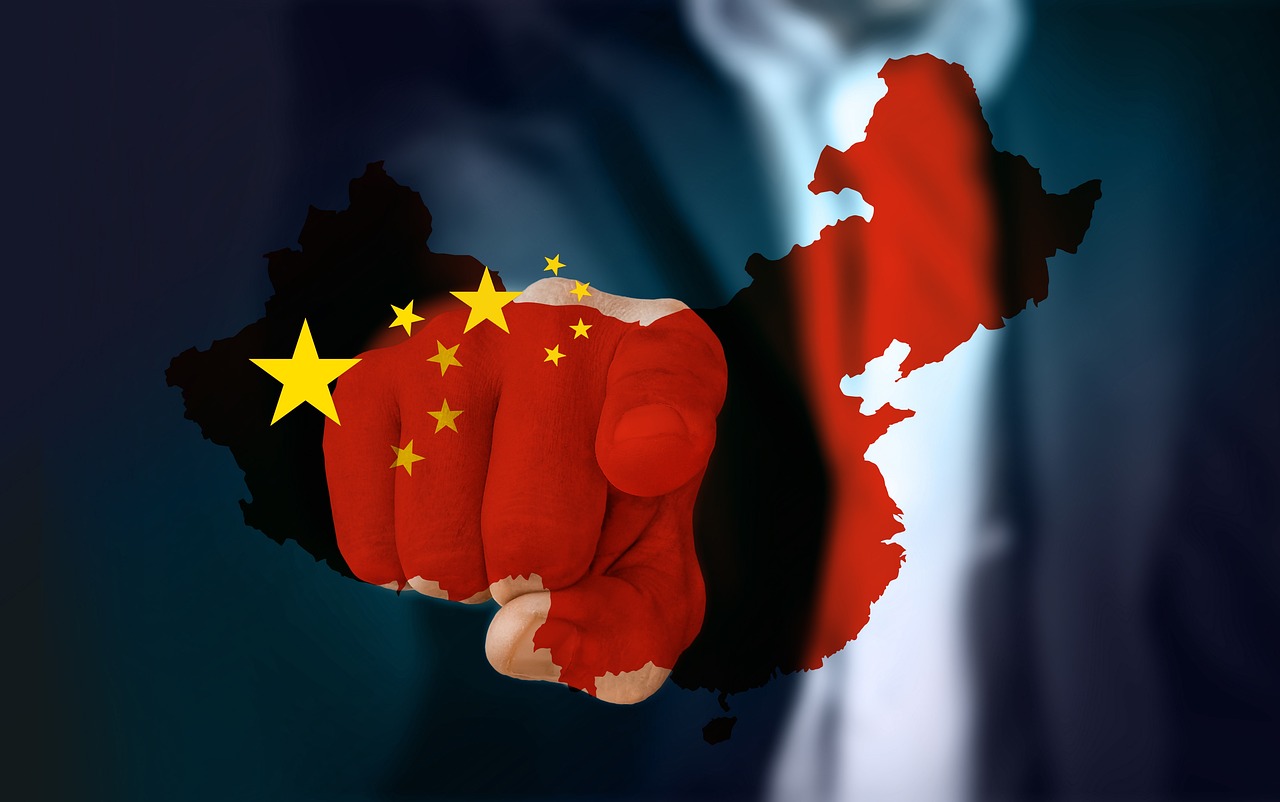Establishing a business in a foreign country can be an exciting and challenging endeavor for any investor. When it comes to China, one of the most attractive options for foreign investors is the establishment of a
Wholly Foreign-Owned Enterprise (WFOE). A WFOE is a limited liability company entirely owned by one or more foreign investors, providing them with a wide range of advantages and opportunities in the dynamic Chinese market. In this article, we will explore the key benefits of establishing a WFOE in China and why it is an appealing choice for foreign investors.
I. Market Access and Control
One of the primary advantages of establishing a WFOE in China is the level of market access and control it offers. Foreign investors can penetrate the Chinese market directly and independently, without the need for a local partner. This control allows them to make independent business decisions, tailor their products or services to meet the specific needs of the Chinese market, and adapt quickly to changing market conditions. Having full ownership and control over the operations ensures that foreign investors can fully leverage their expertise, technology, and business strategies to maximize success.

II. Intellectual Property Protection
Intellectual property (IP) protection is a critical concern for businesses operating in foreign markets. Establishing a WFOE in China provides foreign investors with enhanced IP protection, safeguarding their valuable innovations, trademarks, copyrights, and trade secrets. Chinese laws and regulations have significantly improved in recent years to better protect IP rights. With a WFOE, foreign investors can enforce their IP rights more effectively and secure their long-term competitiveness in the Chinese market.
III. Operational Flexibility
Operating a WFOE in China provides foreign investors with significant operational flexibility. They have the freedom to implement their management systems, optimize production processes, and tailor their business strategies according to market demands. This flexibility allows WFOEs to adapt quickly to changing customer preferences, explore new business opportunities, and stay competitive in the rapidly evolving Chinese market. Moreover, WFOEs can enjoy a more efficient decision-making process without the need to align with a local partner's interests or consult with a joint venture board.
IV. Profit Repatriation
Profit repatriation is a crucial consideration for foreign investors. Establishing a WFOE in China allows them to repatriate their profits back to their home countries more easily. Unlike other business structures, WFOEs have greater control over their finances and can freely transfer funds without going through complicated procedures. This flexibility in profit repatriation enhances the return on investment and provides foreign investors with the financial freedom to reinvest or allocate their earnings as needed.
V. Taxation Benefits
China offers various
taxation benefits for WFOEs, further enhancing their appeal to foreign investors. WFOEs can take advantage of preferential tax policies, reduced tax rates or exemptions, and tax incentives specific to certain industries or regions. Additionally, Double Taxation Avoidance Agreements between China and many other countries ensure that foreign investors are not subject to double taxation, further optimizing their tax efficiency. These taxation benefits create a more favorable business environment, reduce tax burdens, and contribute to the overall profitability of WFOEs.
VI. Local Government Support
Foreign investors establishing a WFOE in China can benefit from the support and assistance provided by local governments. The Chinese government recognizes the importance of attracting foreign investment and stimulating economic growth, leading to initiatives aimed at facilitating the establishment and operation of WFOEs. Local governments streamline administrative procedures, offer investment incentives, provide access to infrastructure and resources, organize business matchmaking activities, and offer various business support services. This local government support enhances the ease of doing business, reduces entry barriers, and contributes to the success of WFOEs.
VII. Strategic Partnerships and Joint Ventures
While the WFOE structure allows for full ownership and control, foreign investors also have the option to form strategic partnerships or engage in
joint ventures with local Chinese companies. These collaborative arrangements can bring additional advantages, combining the strengths and resources of both parties to achieve mutual growth and success. Strategic partnerships and joint ventures provide access to local market knowledge, shared resources, expanded networks, government relations, risk sharing, and technology transfer opportunities.
VIII. Branding and Market Presence
Establishing a strong brand presence is crucial for success in the Chinese market. A WFOE allows foreign investors to develop and promote their brand directly, creating a strong market presence. By investing in branding efforts, adapting to local culture, differentiating from competitors, maintaining consistent messaging, and implementing integrated marketing strategies, WFOEs can enhance customer trust, drive brand recognition, and gain a competitive edge.
The advantages of establishing a WFOE in China are significant and attractive for foreign investors. From market access and control to intellectual property protection, operational flexibility, profit repatriation, taxation benefits, local government support, strategic partnerships, and branding opportunities, WFOEs provide a solid foundation for business success in the Chinese market. However, it is essential for foreign investors to conduct thorough research, seek professional guidance, and comply with relevant regulations and legal requirements throughout the establishment and operation process. With careful planning, strategic decision-making, and a customer-centric approach, foreign investors can capitalize on the vast potential of the Chinese market and achieve long-term growth and profitability with their WFOEs.

